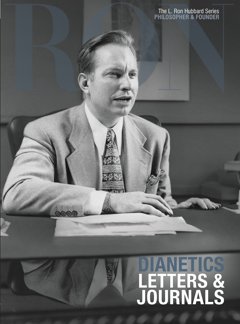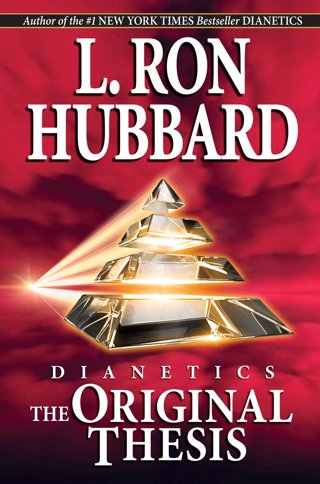Some Known Incorrect Statements About Dianetics
Table of ContentsThe Basic Principles Of Dianetics Dianetics for DummiesA Biased View of DianeticsThe Best Strategy To Use For Dianetics
I couldn't ever before not wish to obtain anything that comes to mind for you- if it was or else, I would not be sitting below with you, doing this. I not just might never have a trouble, or not intend to listen to something that comes to mind for you, however I'm completely anxious to understand every idea, every thought, every image or feeling that emerges or materializes for you- do not ever think or else, and if for one reason or another you do, please just let me know! In some cases, you may have a thought, and photo, idea or case turn up that does not appear to respond to the question, or associate with it, yet nonetheless, always do inform me about it, and as we continue, the importance will arise for you.This is inherent in the basis of processing, and the subject of this discussion: the fundamental roles of the therapist and the client: The fundamental role of the therapist is, in contrast to "common training", not to regulate, which suggests to implement and/or hinder, but to rather function from the basis of EMPOWERING THE CUSTOMER.

The Definitive Guide to Dianetics
John Mcmasters revealed this fundamental fact incredibly well in among his lectures on Power processing, in which he describes exactly how he was asked what this "unique propensity" was that he had for offering such great sessions; he had to believe concerning that for a minute, and detected that it was what he had not been doing, along with what he was doing: he had not been examining, evaluating, computing, or in reality, creating any type of thoughts, allow alone spoken expressions, after offering the command and while waiting for the PC to finish their solution to their contentment; he was, just and just, existing with the computer, and totally interested.
The role of the therapist, demonstrated; that was his "special knack". I have actually had my own experience which showed me this well, very beforehand in the video game. In 1982, having actually lately finished my training and teaching fellowship read the full info here on New Era Dianetics, I was running this on a COMPUTER, and there was a point in the session where (being a little bit damp behind the ears not yet having numerous hours under my belt as a specialist auditor) the computer appeared to be "taking as well long" to share anything verbally after I offered him a command.
This secret transformed out to be one of the most important contribution that John ever before made to the subject of treatment or bookkeeping (Dianetics). In my humble point of view, it is the best payment that any individual has actually ever made to these subjectsthe application is completely non-judgemental, non-evaluative, and lacking any recommendation, suggestions or opinion.no preconceived program for individuals, or 'levels' that they must do
In Idenics, the only resource of information about a client is the specific client. In Scientology we prided ourselves on not reviewing for people. All that really meant was that the auditor did not VERBALLY evaluate for the PC in session. The registrars and values police officers evaluated for the computer.
The 4-Minute Rule for Dianetics

Anyone that had ever before seen John audit can not help however observe a special top quality in his auditing."The customer's basic role is to be there with the function of relocating the instructions of their spiritual goals, and to freely and totally reveal and experience whatever shows up for them in addressing the inquiries and implementing the guidelines in the handling.
This is something to procedure as needed. Yet additionally, individuals often have prior experience and/or brainwashing in auditing/processing which, somehow, and to some extent, in fact misguides them right into attitudes, concepts and habits patterns that prevent the full realization of these duties, and so they will have a tendency to inhibit the expressing of what enters your mind, as in the instances provided above. * The first, and visit here probably leading examples of mis-indoctrination bring about less than entirely smooth and efficient look at here sessions, can be found in specific aspects of the training regimens, or "TR's":"TR's" are typically a person's first, or at the very least early, experience in Scientology, and while I will take place to discuss what I view as the problems in idea and technique, nevertheless, have a tendency to be significantly restorative, done as they are provided (Hubbard firmly insists that "TR's are not processing, they are educating", but factually, they are both processing AND training)
There is no "flunking", and no rejection of the truth of this being processing. The emphasis, as it should be, is on experiencing the various other individual's existence.
5 Simple Techniques For Dianetics
